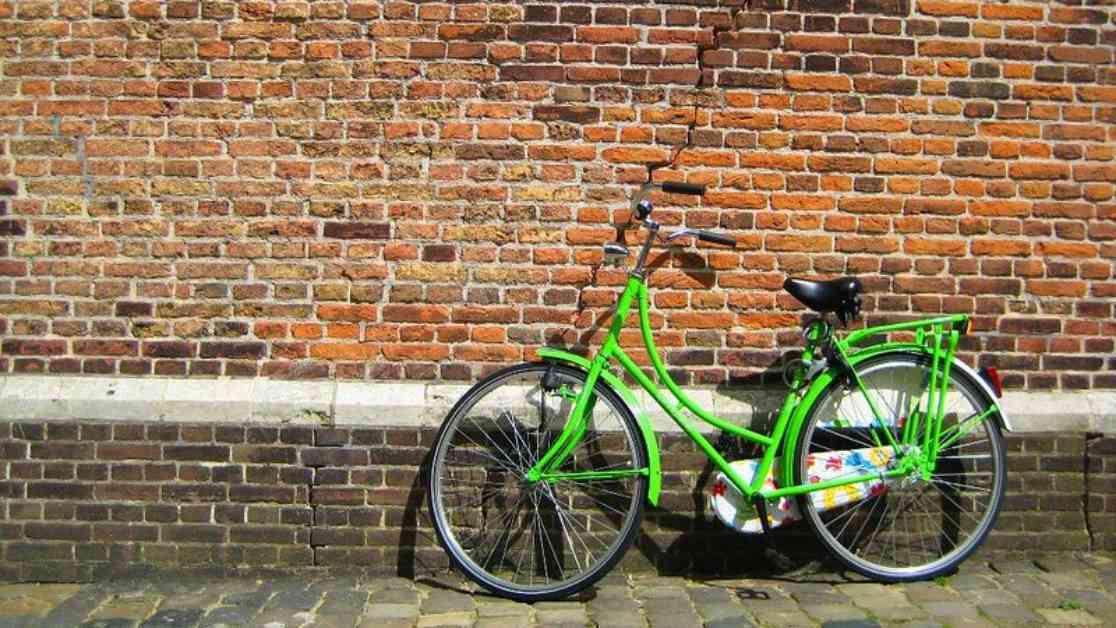So, like, Mindy Hernandez is the director of the Living Lab for Equitable Climate Action at the World Resources Institute, you know? We’ve all heard it: Eat less beef. Fly less. Buy secondhand. Track your carbon footprint. But, like, did you know that the whole concept of a ‘personal carbon footprint’ was actually made popular by the oil giant BP back in 2004? Yeah, they were all like, “Measure your own emissions, guys!” and it totally shifted the focus from the fossil fuel industry to us individual consumers. Sneaky, right?
Fast forward twenty years, and that sneaky move still influences a lot of the talk about climate action, overshadowing the need for big policies, infrastructure changes, and, like, market leadership. New research from the World Resources Institute says that if we adopt 11 pro-climate behaviors in energy, transport, and food, we could cut an individual’s greenhouse gas emissions by 6.53 tonnes per year. That’s more than enough to offset the average person’s emissions of 6.3 tonnes per year. Like, that’s a big deal, you know?
But here’s the catch: most of what we can achieve under current conditions is, like, only a fraction of what’s actually possible. If we just focus on changing our own behaviors without transforming the bigger systems, we’re only really doing about one-tenth of what we could do. That’s, like, a drop in the bucket compared to what the world really needs.
The other 90% of emissions savings are, like, locked away, waiting for governments, businesses, and, like, collective action to make sustainable choices more accessible for everyone. It’s not just about the few green-minded folks out there – it’s about making it easy for everyone to do their part.
The Intergovernmental Panel on Climate Change (IPCC) says that if we all make some big shifts in how we live, we could potentially cut global emissions by up to 70% by 2050. That’s, like, wiping out emissions from China, the US, India, the EU, and Russia combined. But, like, it’s not just about us changing our light bulbs or driving less – we need big changes in policies, industries, and, like, technology to make it happen.
So, yeah, individual action is important, but we’ve gotta focus on the systems that, like, shape what’s possible for everyone. It’s all about increasing the impact, you know? Choices like flying less or driving electric cars are great, but they only really work when there are policies and infrastructure in place to support them. That’s where public and private decisions come in.
Our research also shows which individual actions have the biggest climate impact – so those are the ones we should be focusing on. In terms of impact, the top priorities are shifting to sustainable ground travel, finding alternatives to air travel, installing residential solar, and eating more plant-based meals. It’s not just about what we do, but how we do it that really makes a difference.
Changing behavior isn’t easy, but when the systems support it, it can make a huge impact. Take Bogotá, for example – they invested in bike infrastructure and saw cycling rates go way up. Or look at the Netherlands, where subsidies and incentives made solar energy accessible to everyone. It’s all about making the sustainable choice the easy choice, you know?
At the end of the day, the personal carbon footprint narrative has been around for a while, but it’s time for an update. We’ve gotta stop seeing behavior change as separate from systems change and start using it to, like, amplify our impact. It’s not just about what we do as individuals, but about how we come together to make real change happen.
So yeah, maybe it’s just me, but it feels like we’re at a crucial moment in the fight against climate change. Let’s make sure we’re using our power as individuals to push for the big changes that will really make a difference. It’s not just about what we do – it’s about what we can do together.














